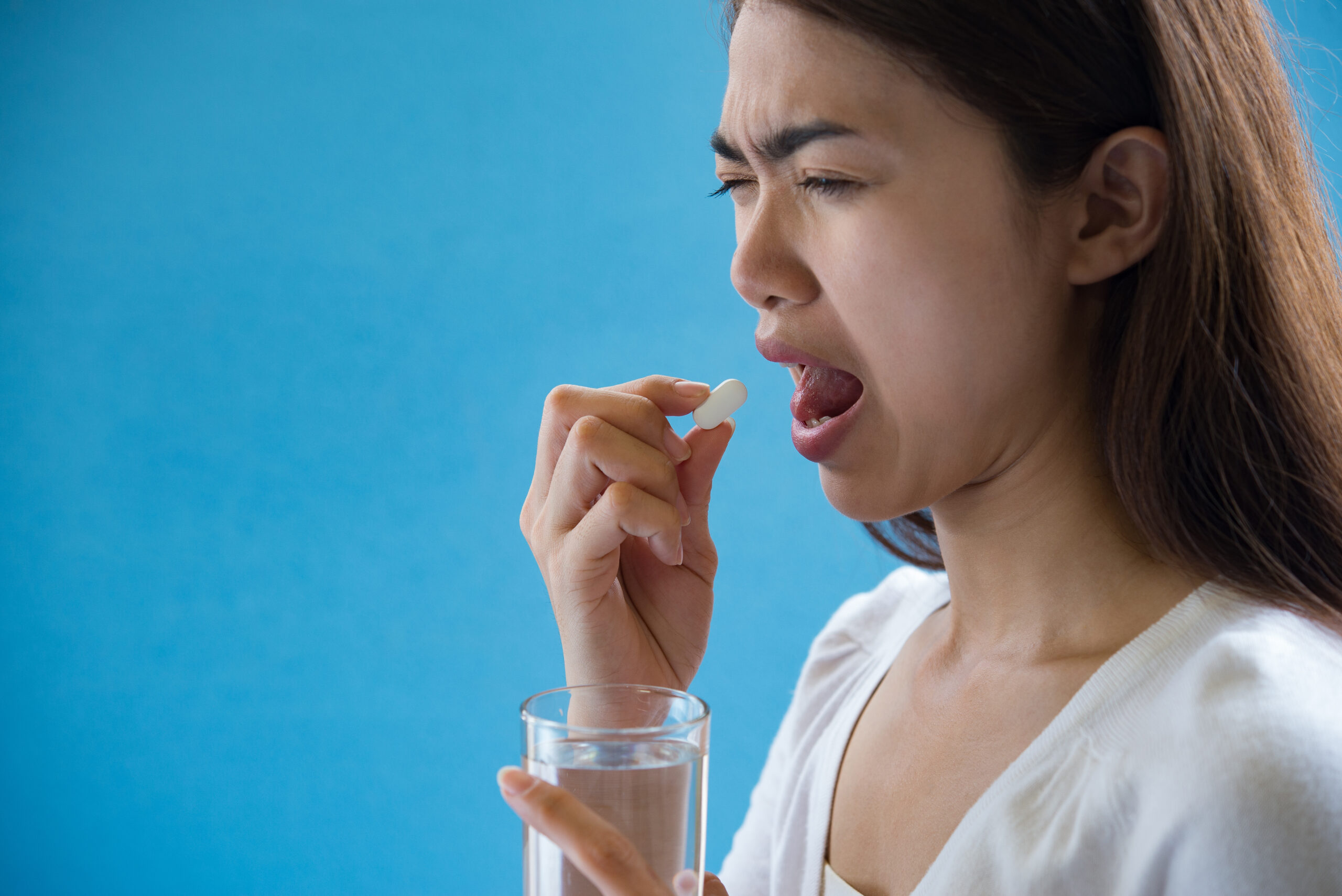Dry mouth, or xerostomia, is a common side effect of many medications. It occurs because certain drugs can interfere with the salivary glands or alter the composition of saliva. While often manageable, untreated dry mouth can lead to oral health issues such as cavities, bad breath, and gum disease. Understanding which medications can cause dry mouth is the first step toward effective management.
What Causes Dry Mouth?
Dry mouth is often caused by medications that affect saliva production or alter its composition. Below, we explore the categories of drugs most commonly associated with xerostomia.
Medications Commonly Associated with Dry Mouth
1. Allergy and Cold Medications
- Antihistamines: Used to treat allergies, colds, and sinus issues, these drugs often reduce saliva production.
Examples: Benadryl® (diphenhydramine), Claritin® (loratadine), Zyrtec® (cetirizine), Allegra® (fexofenadine) - Decongestants: Common in cold and allergy medications, decongestants dry out mucous membranes, including those in the mouth.
Examples: Sudafed® (pseudoephedrine), Mucinex-D® (guaifenesin and pseudoephedrine)
2. Mental Health Medications
- Antidepressants and Anti-Anxiety Medications: SSRIs and SNRIs, often used to treat depression and anxiety, are leading contributors to dry mouth.
Examples: Zoloft® (sertraline), Prozac® (fluoxetine), Lexapro® (escitalopram), Paxil® (paroxetine) - Antipsychotics: These drugs, used for schizophrenia and bipolar disorder, can significantly reduce saliva production.
Examples: Seroquel® (quetiapine), Risperdal® (risperidone), Abilify® (aripiprazole)
3. Pain Relievers
- Opioids: Commonly prescribed for pain management, opioids can decrease saliva production as a side effect.
Examples: Percocet® (oxycodone and acetaminophen), Vicodin® (hydrocodone and acetaminophen)
4. Muscle Relaxants
Prescribed for muscle spasms or tension, these medications are known to reduce saliva flow.
Examples: Flexeril® (cyclobenzaprine), Soma® (carisoprodol)
5. Cardiovascular Medications
- Blood Pressure Medications: Drugs for hypertension often lead to reduced saliva production.
Examples: Norvasc® (amlodipine), Coreg® (carvedilol), Lasix® (furosemide) - Diuretics: Commonly known as water pills, these drugs increase fluid loss, leading to dry mouth.
Examples: Hydrochlorothiazide (HCTZ), Lasix® (furosemide)
6. Other Medications
- Overactive Bladder Medications: These drugs can inhibit saliva production while targeting bladder spasms.
Examples: Detrol® (tolterodine), Vesicare® (solifenacin) - Antacids and Acid Reflux Medications: Proton pump inhibitors and H2 blockers may occasionally contribute to dry mouth.
Examples: Nexium® (esomeprazole), Prilosec® (omeprazole) - Chemotherapy and Radiation Medications: Cancer treatments affecting the salivary glands can cause temporary or permanent dry mouth.
How to Manage Dry Mouth Caused by Medications
If your medication is causing dry mouth, there are several strategies to manage and alleviate the symptoms:
1. Self-Care Tips for Relief
- Stay Hydrated: Drink water throughout the day to keep your mouth moist.
- Use Saliva Substitutes: Over-the-counter saliva replacements provide temporary relief.
- Chew Sugar-Free Gum: Stimulates natural saliva production.
- Avoid Dehydrating Substances: Limit caffeine, alcohol, and tobacco, which can worsen dryness.
2. Maintain Good Oral Hygiene
Dry mouth increases the risk of cavities and gum disease, so consistent oral care is essential. Brush twice a day with fluoride toothpaste and floss regularly.
Explore more tips for oral care in our Preventive Care services.
3. Seek Professional Help
For persistent symptoms, consult your dentist about advanced treatments like SalivaMAX. This prescription treatment helps restore comfort and protects oral health.
Discover how our Restorative Dentistry services address complications from dry mouth, including tooth decay and enamel damage.
The Link Between Dry Mouth and Oral Health
Dry mouth doesn’t just cause discomfort—it can lead to serious dental issues if left untreated. Without sufficient saliva, your mouth loses its natural defense against bacteria, increasing your risk for:
- Tooth decay and cavities
- Gum disease
- Bad breath (halitosis)
- Difficulty chewing, swallowing, or speaking
Proactive management can prevent these complications.
Contact us today to discuss personalized solutions for managing dry mouth and protecting your oral health.
Conclusion
If you’re taking medications that cause dry mouth, it’s important to recognize the symptoms and take steps to manage them. With self-care, professional advice, and advanced treatments, you can alleviate discomfort and safeguard your oral health. Talk to your dentist about tailored solutions to address your specific needs.



